The tech industry values skills, problem-solving ability, and adaptability over age. If you’re committed to learning and practicing, you can build a rewarding career in DevOps.
Let’s break down the steps to make this transition smooth and effective.
1. Age is Not a Barrier – Your Skills Matter More
Your age does not define your ability to succeed in DevOps. Companies care about skills, automation, and problem-solving abilities more than how long you've been in the industry.
Many professionals have successfully switched to DevOps from other IT roles or even non-tech careers like finance, sales, or project management.
The key is a growth mindset—being open to continuous learning and adapting to new tools and processes. If you’re willing to put in the effort, you can make the switch regardless of your background.
2. Leverage Your Existing Skills – Don’t Start from Scratch
Many skills from your current job can be directly applied to DevOps. Here’s how:
System Administrators → You already understand server management, networking, and troubleshooting. These are core DevOps skills.
Software Developers → Your coding and debugging skills will help with automation, CI/CD pipelines, and infrastructure as code.
Networking & IT Support → Your knowledge of infrastructure, protocols, and troubleshooting will be valuable for cloud deployments and monitoring.
Non-Technical Background? → Start with scripting (Bash, Python), cloud computing basics, and automation. Many DevOps engineers began as self-taught professionals.
3. Learn the Core DevOps Skills
To transition into DevOps, focus on practical, job-ready skills rather than just theory. Here’s what to prioritize:
Cloud Computing 🌥️
Most modern DevOps work happens in the cloud. Learn AWS, Azure, or Google Cloud to deploy and manage applications.
Kickstart Your Cloud Journey with KodeKloud's Cloud Learning Paths!
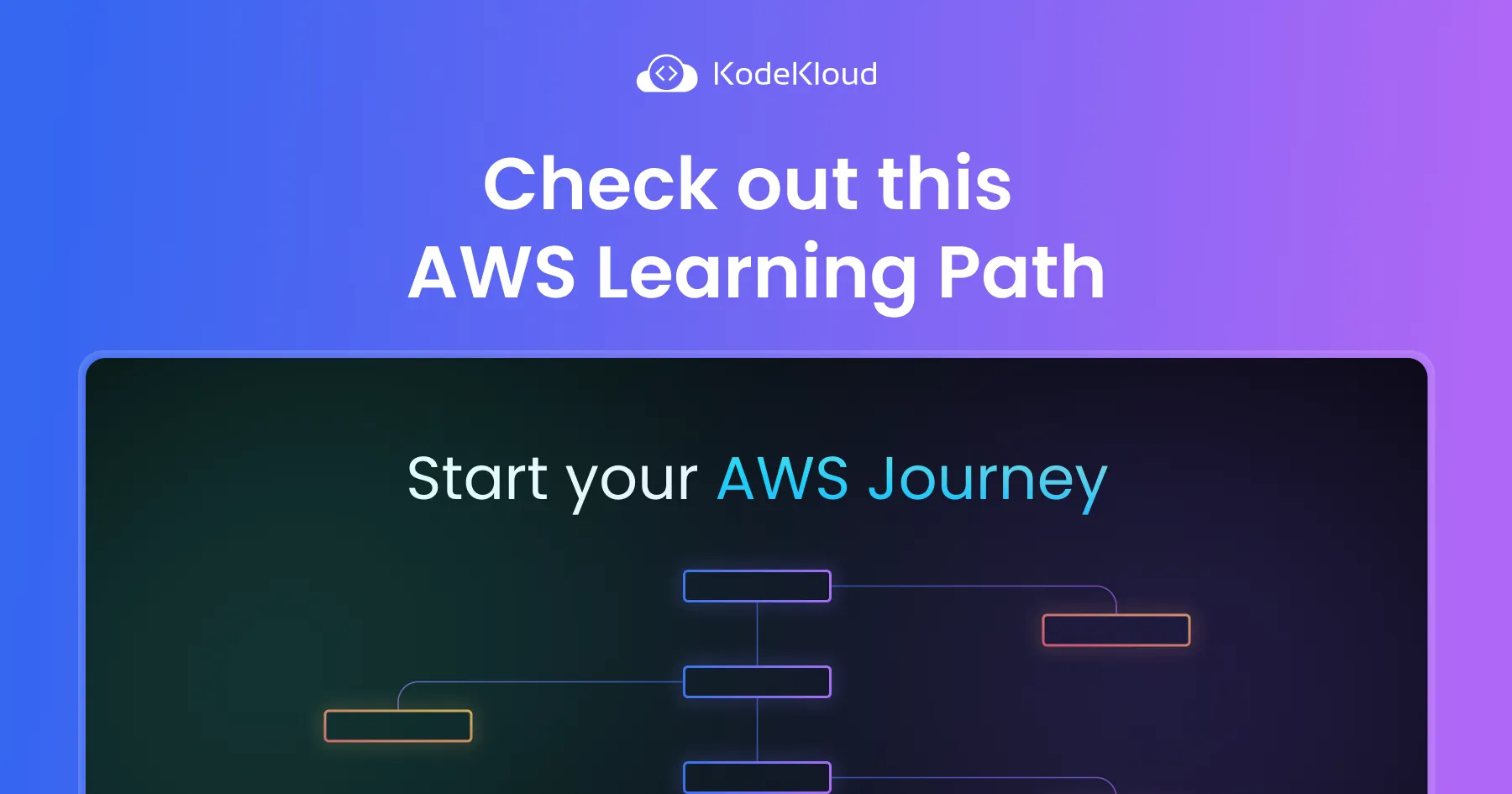
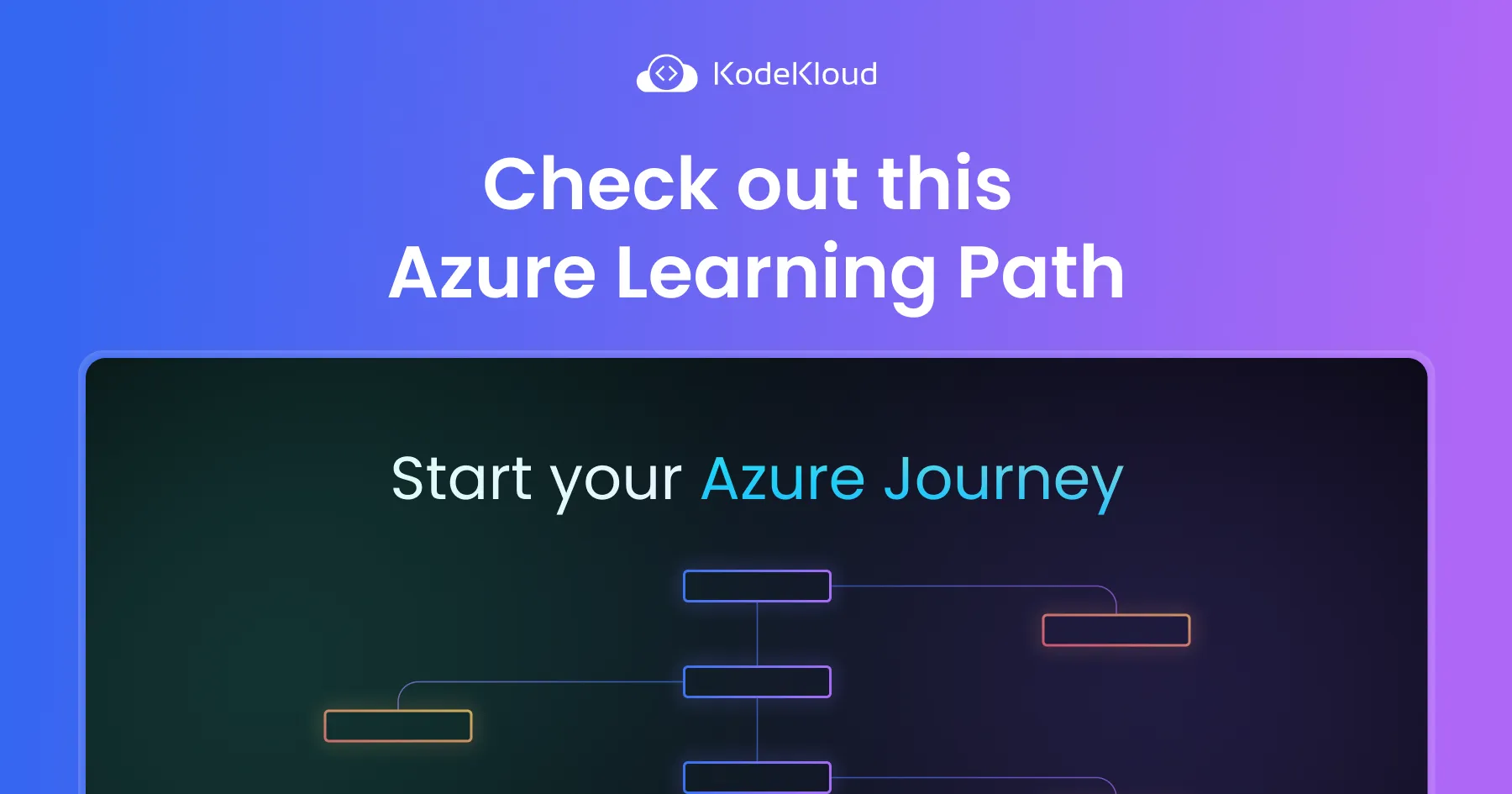

Linux & Scripting 🐧
Linux powers most cloud and DevOps environments. Learn to:
✔️ Navigate Linux commands
✔️ Manage files, users, and permissions
✔️ Write Bash or Python scripts for automation
You can start with the following two courses. Begin with the basics to build a strong foundation, then move on to the Bash scripting section to enhance your skills further.
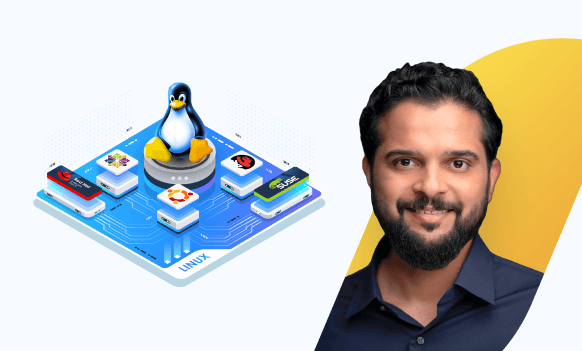
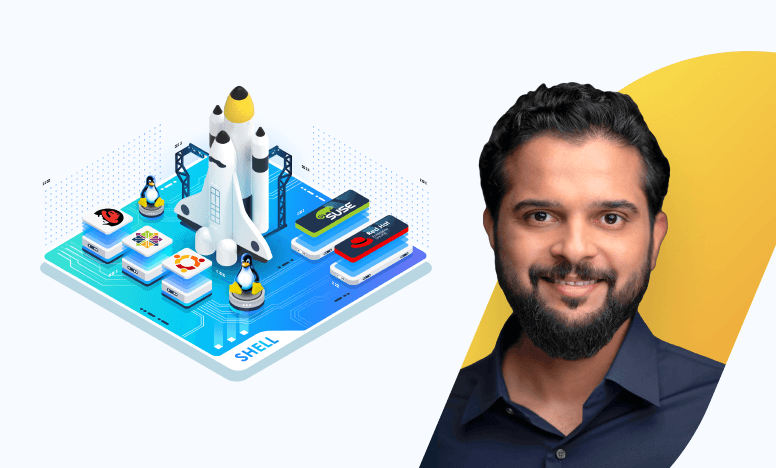
CI/CD Pipelines 🚀
Continuous Integration & Continuous Deployment (CI/CD) automates software delivery.
✔️ Learn Git, GitHub Actions, Jenkins, or GitLab CI/CD
✔️ Set up automated testing and deployments
KodeKloud's CI/CD learning path provides a structured journey, starting with the fundamentals and gradually guiding you toward mastering pipeline automation.
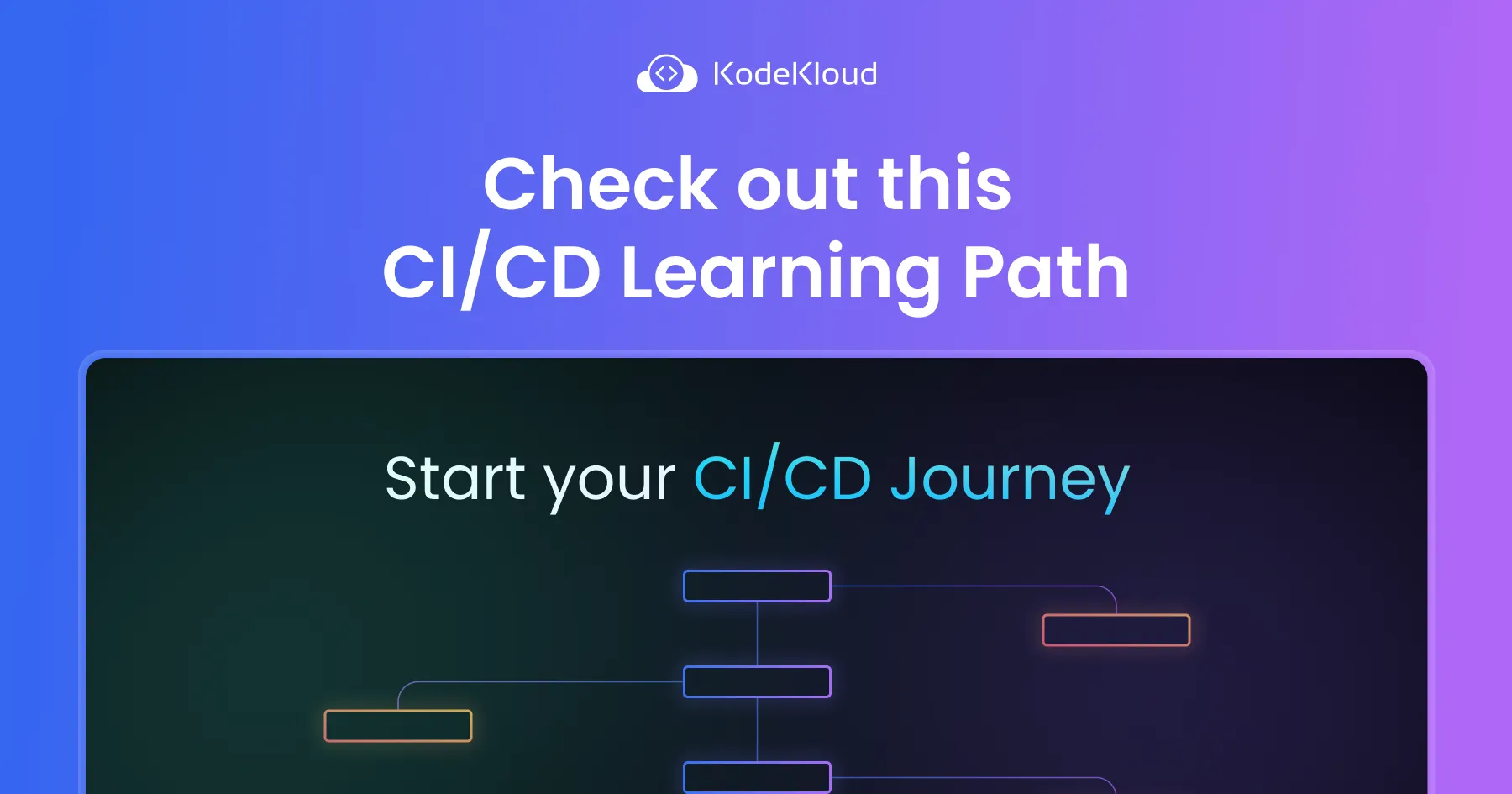
Containers & Kubernetes 🐳
Modern applications use containers for scalability.
✔️ Learn Docker to package applications
✔️ Learn Kubernetes to manage containers in production
Before diving into Kubernetes, it's essential to have a solid understanding of containers, particularly Docker. KodeKloud offers a couple of excellent courses with hands-on labs to help you master these two critical skills.
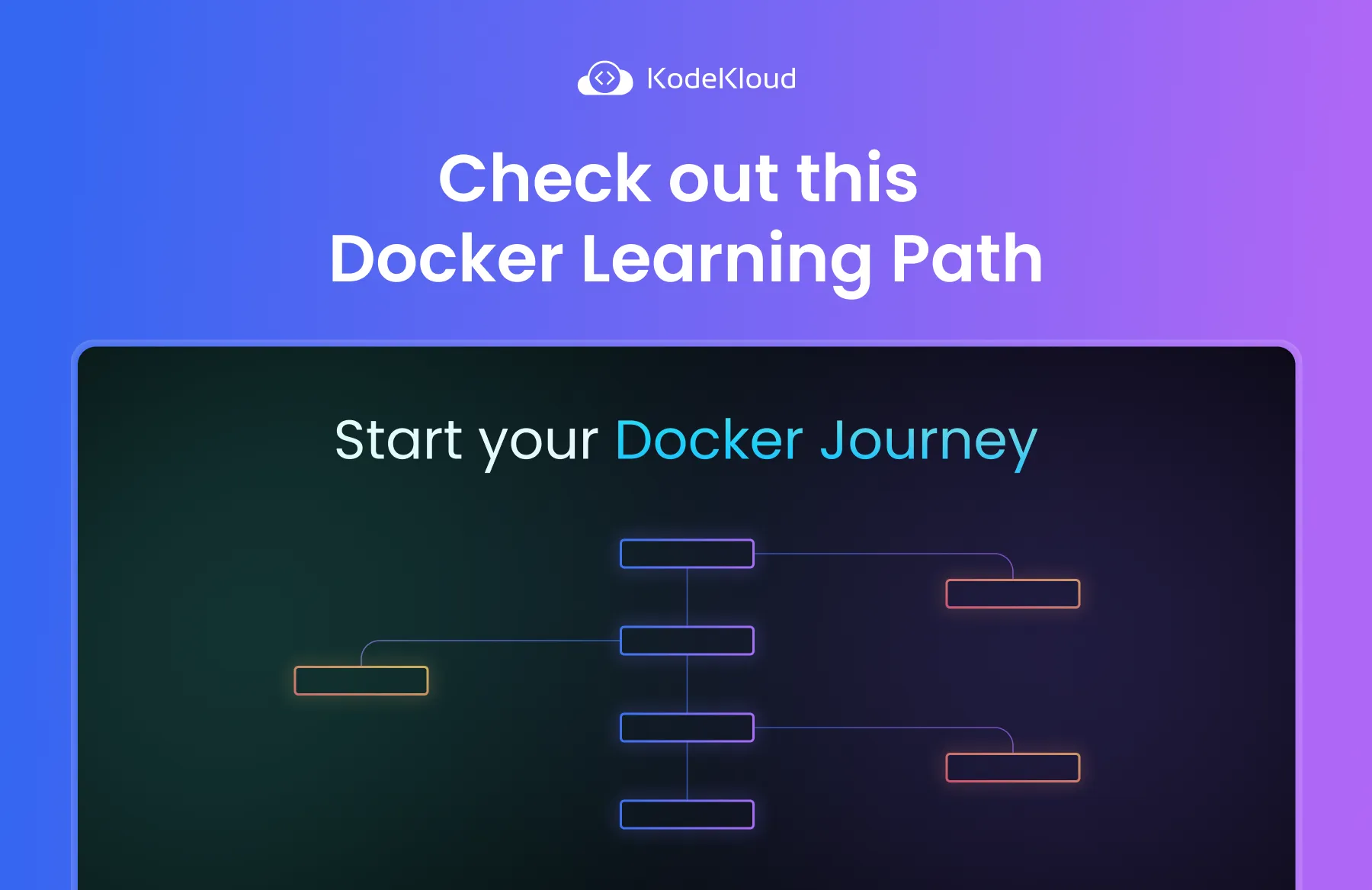
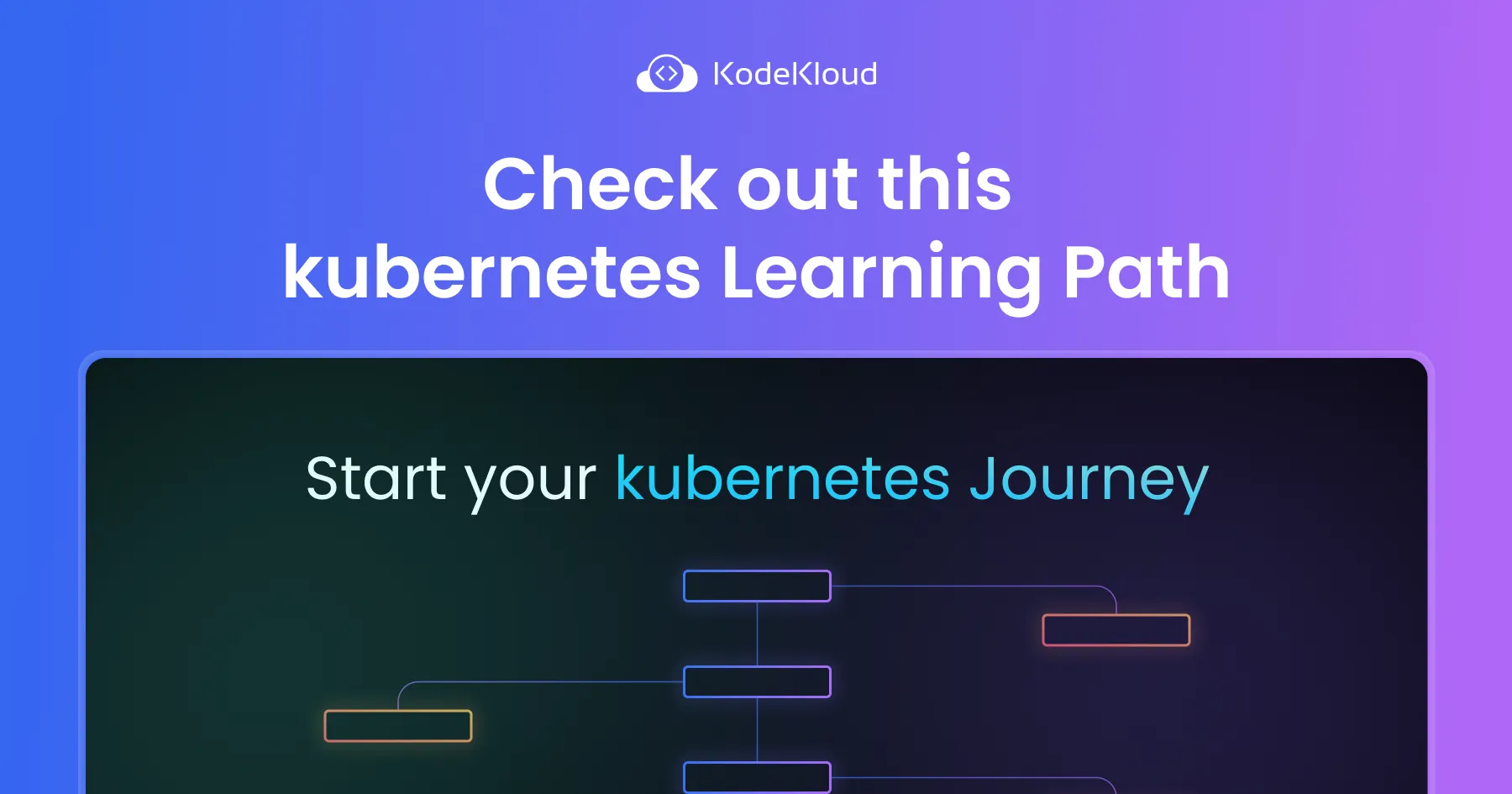
Infrastructure as Code (IaC) 🏗️
Instead of manually configuring servers, DevOps uses code to automate infrastructure.
✔️ Learn Terraform and Ansible to provision cloud environments
For beginners, check out the following courses. It covers all the essential concepts and hands-on labs to help you get started with Infrastructure as Code (IaC).
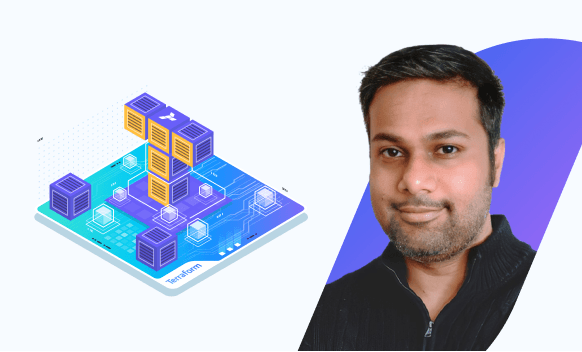
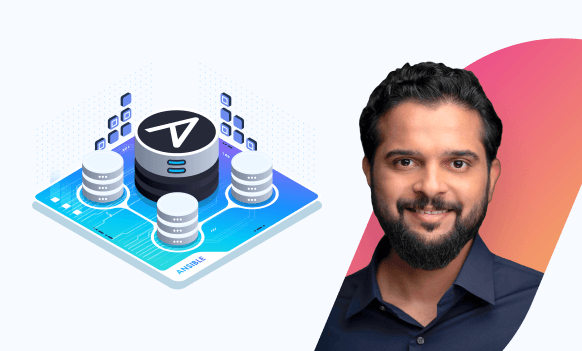
Monitoring & Security 🔍
Applications need constant monitoring for performance and security threats.
✔️ Learn Prometheus, Grafana, and ELK Stack for monitoring
✔️ Understand basic security best practices
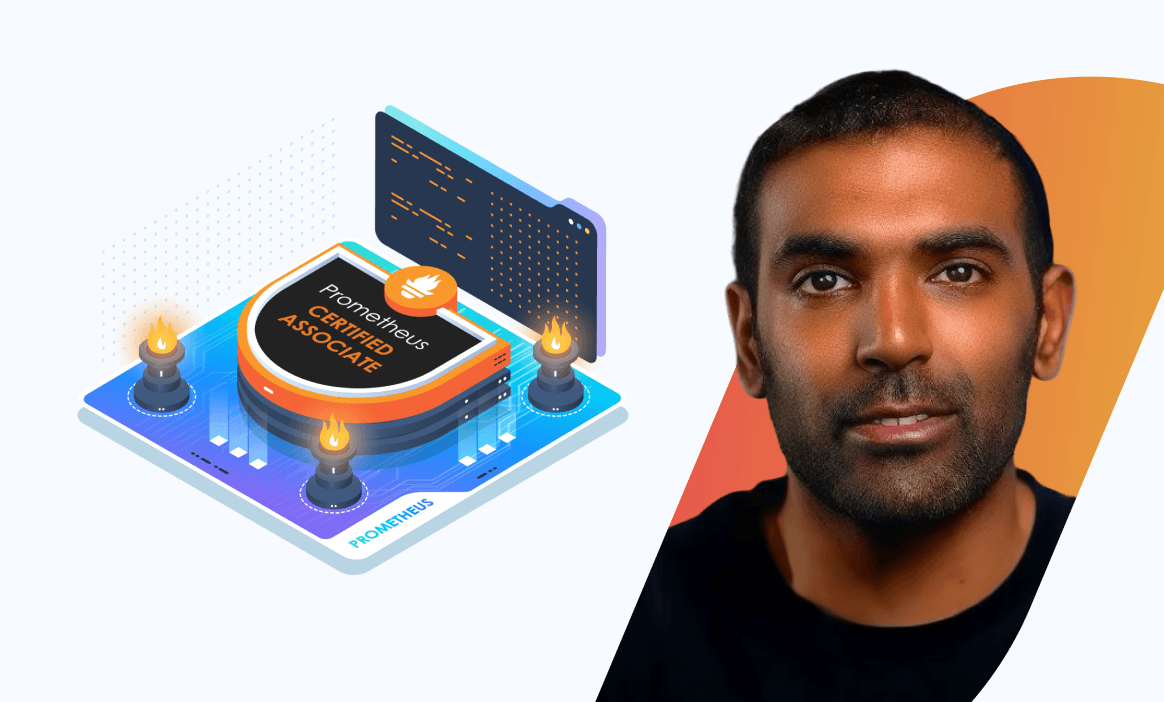
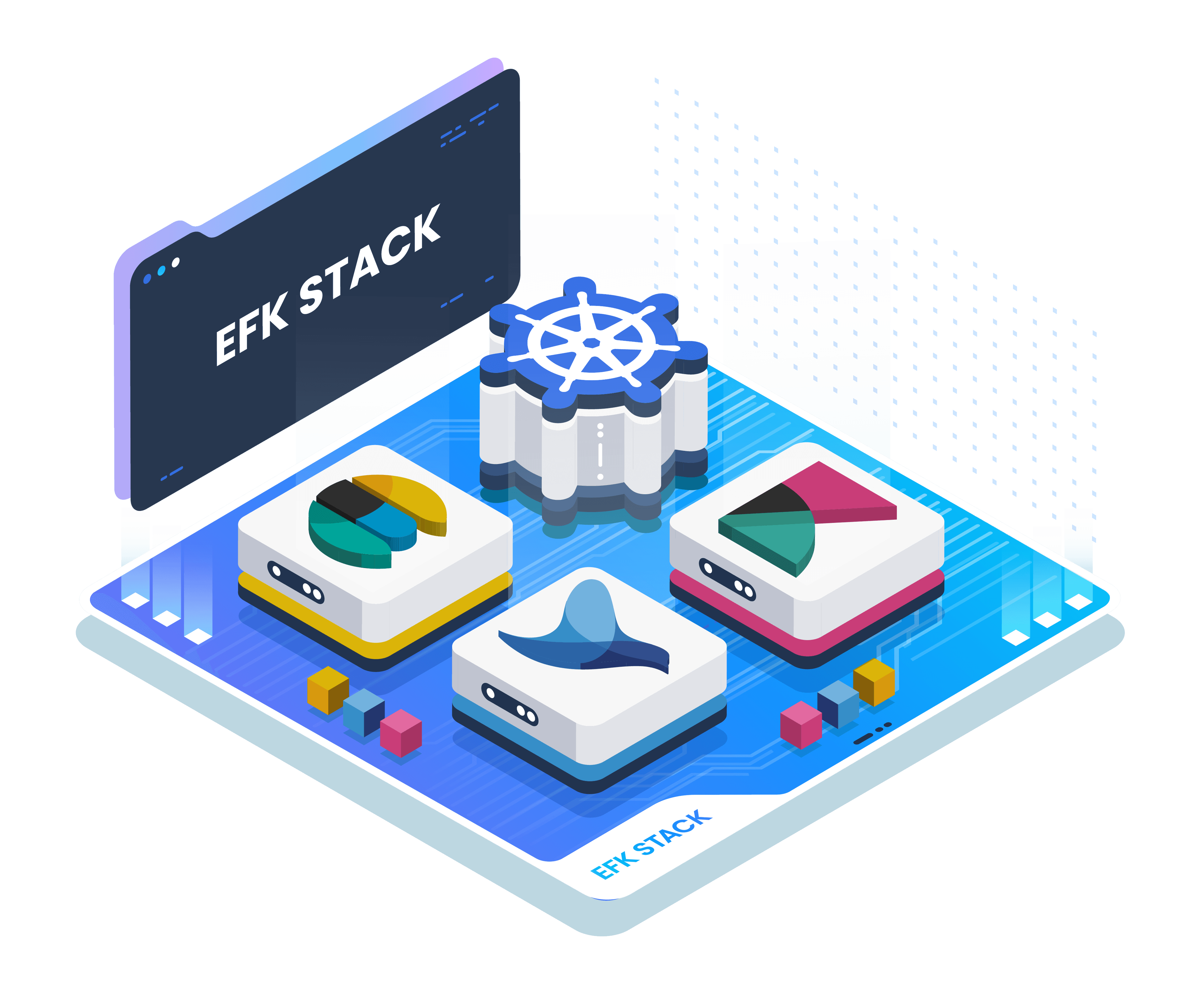
4. Get Hands-On Experience – Practice is Key
Learning DevOps theory is NOT enough. Employers want proof that you can apply your skills in real-world scenarios. Here’s how to get hands-on experience:
✅ Build Your Own DevOps Projects – Deploy a sample app using AWS, Docker, and a CI/CD pipeline.
✅ Contribute to Open Source – Work on real-world projects and gain experience with collaboration tools like GitHub.
✅ Freelance Small DevOps Tasks – Set up pipelines, automate scripts, or deploy simple applications for small businesses.
✅ Try Cloud Sandboxes – Many platforms offer free DevOps labs for hands-on practice.
Even if you don’t have a DevOps job yet, you can still build real experience through projects and open-source contributions.
One of the top recommendations is the KodeKloud Engineer Program. It provides real-world, virtual IT firm-like tasks where you can work in assigned roles such as System Administrator, System Architect, and more.
The program also features a leaderboard, making the experience both engaging and competitive.
5. Join the DevOps Community – Learn Faster & Network
One of the fastest ways to learn DevOps and stay motivated is by connecting with like-minded professionals.
Join DevOps communities on Slack, Discord, and LinkedIn.
Follow DevOps experts on YouTube, Twitter, and blogs.
Attend DevOps meetups and webinars for networking and mentorship.
6. Start Applying for DevOps Jobs – Here’s What to Do
Once you have solid DevOps skills and hands-on experience, it’s time to apply for jobs. Follow these steps to stand out:
✔️ Update Your Resume – Highlight Kubernetes, cloud, automation, and CI/CD skills.
✔️ Showcase Your GitHub Projects – Recruiters love to see real work, even if it’s self-practice.
✔️ Start with Entry-Level Roles – Apply for junior DevOps, Site Reliability Engineering (SRE), or cloud engineer positions.
✔️ Consider DevOps Internships – Many companies offer paid internships for career switchers.
Final Thoughts – Yes, You Can Switch to DevOps After 30!
Switching to DevOps after 30 is not just possible—it can be a smart and rewarding career move.
Key Takeaways for Your DevOps Journey
✔ Your age doesn’t matter – skills and experience do.
✔ You already have valuable experience – build on what you know.
✔ Hands-on practice is the key – build projects, contribute to open source, and apply your knowledge.
✔ The DevOps community can help – network, learn, and grow with others.
If you stay committed and focus on learning and practicing, you can successfully transition into DevOps and build an exciting career.


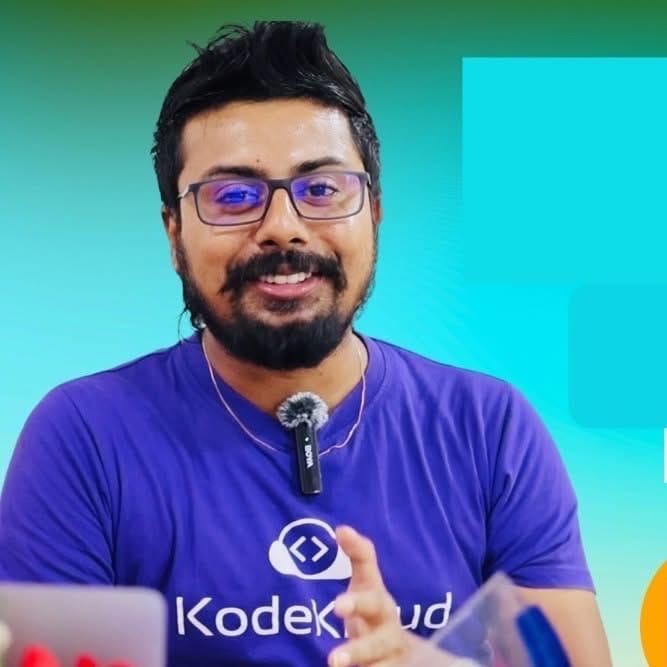
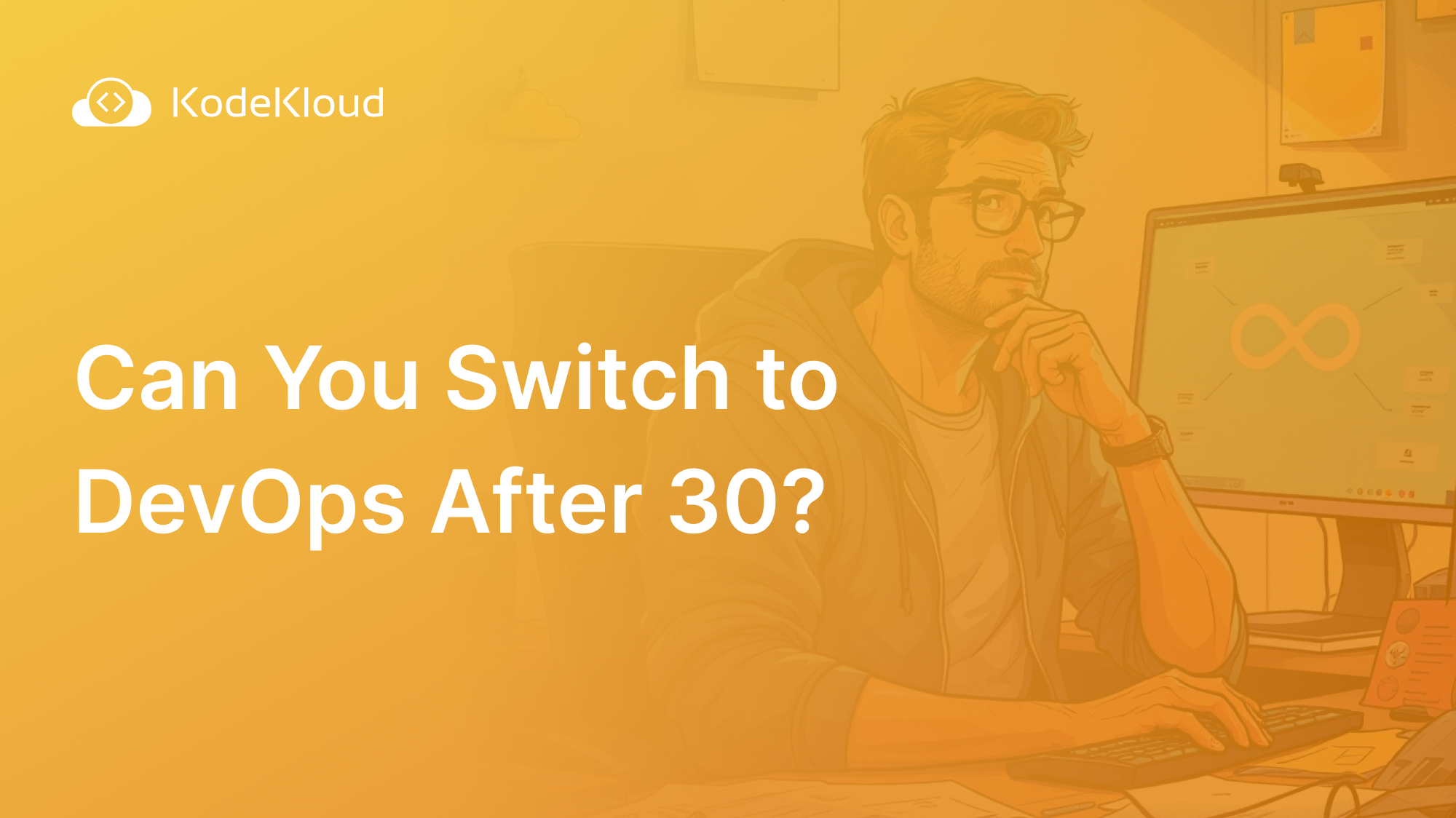












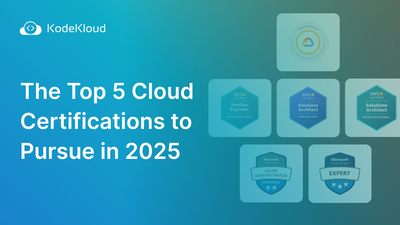
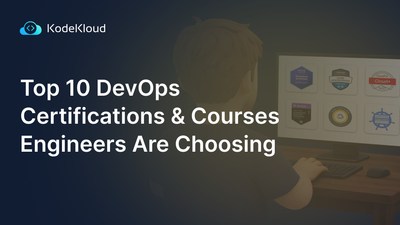

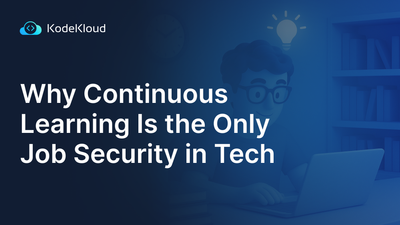
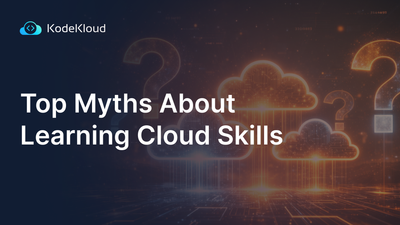
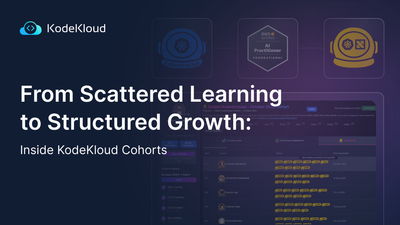
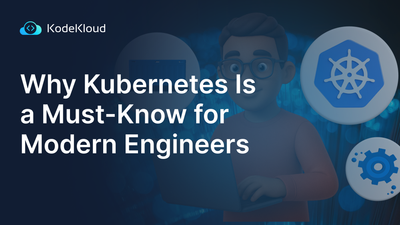

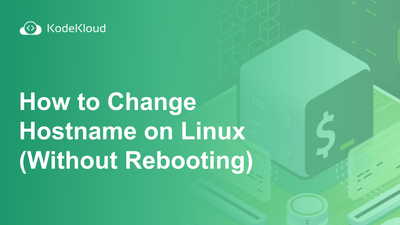


Discussion